The United Nations General Assembly will soon vote on a resolution known as the New York Declaration. That resolution seeks to revive the two-state solution between Israel and Palestine but explicitly excludes Hamas from any governing role in Gaza. This move represents a new diplomatic effort, led by France and Saudi Arabia, backed by several Arab countries. It aims to reshape how the international community approaches peace in Gaza after years of violent conflict with Hamas in control.
What the New York Declaration Seeks to Change
The New York Declaration asks that Hamas relinquish its authority in Gaza. It demands that Hamas disarm and transfer control to the Palestinian Authority, with international backing. The declaration also insists that Hamas free all hostages and cedes control over its weaponry. It clearly condemns the attacks by Hamas on October 7, 2023.
It further calls for international action: a temporary stabilization force to help secure Gaza, humanitarian support, and international engagement to strengthen the structures of a sovereign, independent Palestinian state. The declaration’s authors hope this approach will bring renewed momentum to peace talks.
Why the Move Toward a “Hamas-Free” Governance in Gaza Draws Attention
This proposal stands out because it departs from past peace plans that included Hamas either implicitly or explicitly. Many previous negotiations involved Hamas either as a direct party or through represented intermediaries. By insisting that Gaza must be governed by the Palestinian Authority and that Hamas step away entirely, the New York Declaration signals a sharp shift.
Supporters view this as a way to ensure that any governing body in Gaza is compatible with broader peace processes, international law, and humanitarian norms. They believe excluding Hamas could help reduce violence, facilitate aid, and open the door for more stable governance. Critics, however, warn that sidelining Hamas could deepen divisions, provoke resistance, and worsen humanitarian conditions if not coupled with robust support.
Key Backers, Opponents, and Diplomatic Stakes
France and Saudi Arabia have taken prominent roles in drafting and promoting the New York Declaration. Several Arab League member states already signed onto it, and 17 UN member states co-sponsored it before the upcoming vote. That level of regional backing gives the resolution weight and credibility.
On the other hand, Israel opposes the resolution. It rejects any framework that forces Hamas out of Gaza without guaranteeing Israel’s security concerns or requiring recognition of its right to defend itself. But even among Palestinian factions, there remains skepticism about how practical the plan is, particularly given Hamas’s entrenched position and popular base in Gaza.
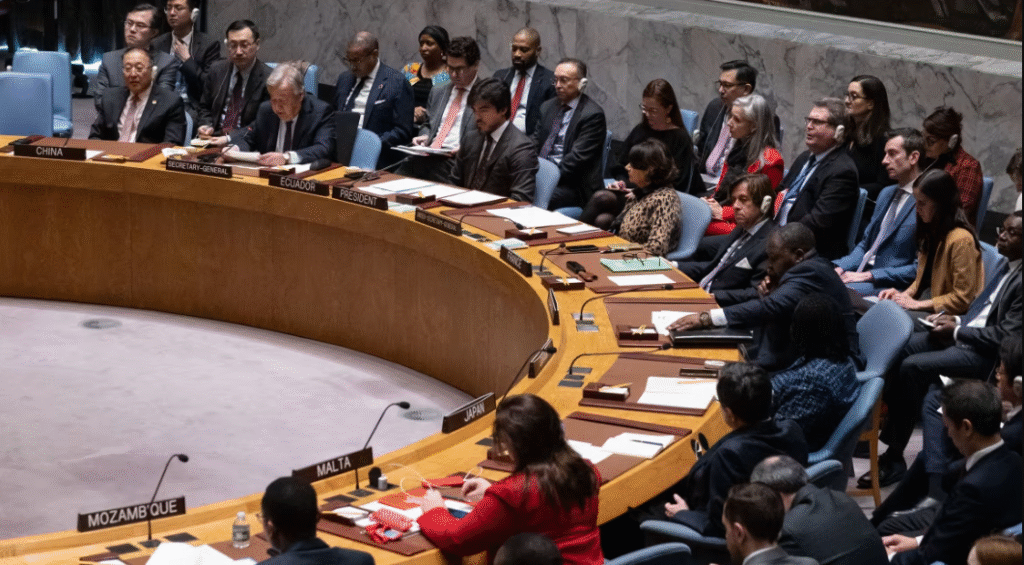
The diplomatic stakes reach beyond the region. Some Western nations plan to formally recognize Palestinian statehood in connection with this push. The upcoming UN summit in New York, co-chaired by Paris and Riyadh, will be a moment where this proposal could gain further momentum or reveal its limits.
Potential Effects on Gaza’s Humanitarian Situation
If the resolution passes and its measures take effect, Gaza could see several changes. A transfer of responsibility from Hamas to the Palestinian Authority might allow broader international humanitarian access and infrastructure rebuilding under more widely accepted governance.
But risks remain. Disarming Hamas and changing authority structures will not happen without opposition, possibly violent. Also, civilians might suffer disruptions in services or in their daily lives during transitions. Unless international actors provide strong, sustained support both financially and diplomatically—the risk of chaos or worsening conditions grows.


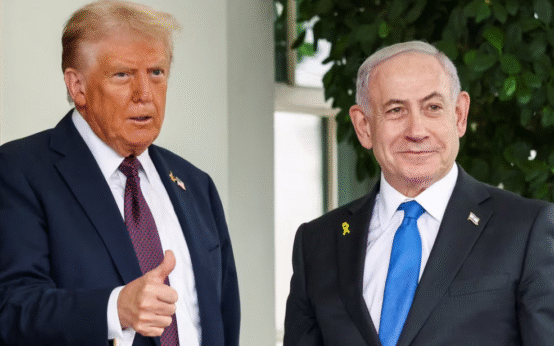 Hamas and Israel Agree to Trump’s Gaza Ceasefire Proposal
Hamas and Israel Agree to Trump’s Gaza Ceasefire Proposal 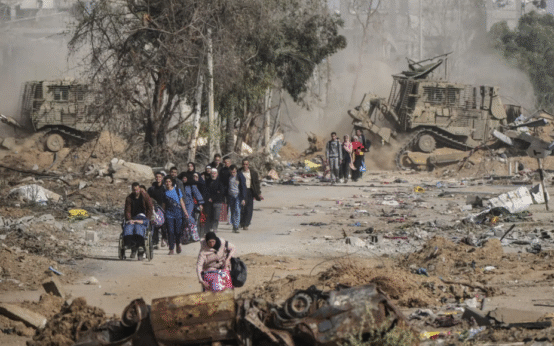 Airstrikes and Gunfire Kill at Least 57 in Gaza as Conflict Deepens
Airstrikes and Gunfire Kill at Least 57 in Gaza as Conflict Deepens 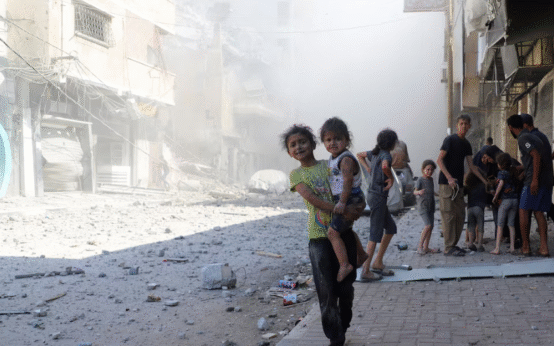 Hamas Says It Has Not Received Trump’s Plan
Hamas Says It Has Not Received Trump’s Plan 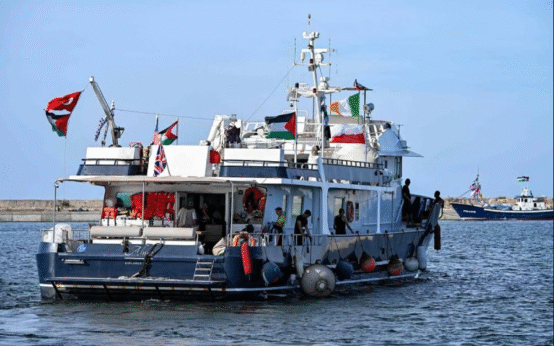 Italy sends naval vessel to help Gaza aid flotilla
Italy sends naval vessel to help Gaza aid flotilla 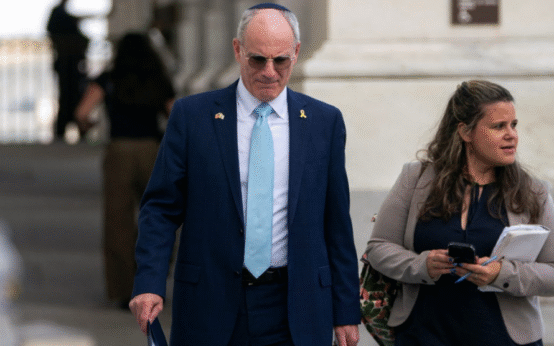 Israeli Ambassador Declare War Won’t End Until Hamas Eliminated
Israeli Ambassador Declare War Won’t End Until Hamas Eliminated  UN Rapporteur Alston Warns AI Erodes Human Dignity and Privacy
UN Rapporteur Alston Warns AI Erodes Human Dignity and Privacy